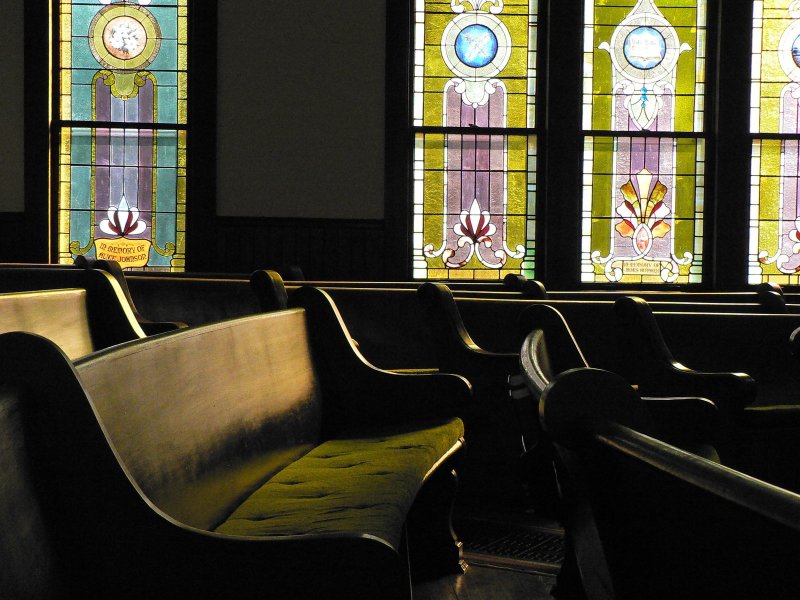
The COVID-19 pandemic forced many Christian churches to change the way it gathers together to worship God and hear his Word. Prior to the pandemic, churches met with each other for fellowship and broke bread together in keeping with how the early church did in the book of Acts. When the pandemic hit the country, however, churches were forced to meet online.
Amidst all this, ministers and leaders continued to remind believers that the church is not the building but the lives intertwined together in Christ to serve the purpose of the Lord regardless of the distance. A recent study, however, reveals that due to the lockdowns, the number of people attending church services, whether physically or online, declined.
A study conducted by the Barna Research Group found that about one out of five people who identify as "churchgoers" did not attend a church service at any time during the pandemic. They did not attend an in-person service, nor an online church service. About 22 percent of these are Christian adults while 19 percent are practicing Christians.
Prior to the pandemic, a little more than half of practicing Christians (51 percent) attend online or in-person services on a weekly basis where permitted. Only 37 percent of churched adults, however, normally attend a service every week, online or not.
When the pandemic hit, however, the number changed: the number of practicing Christians attending church during COVID-19 pandemic declined: the "attendance of this usually committed group otherwise resembles churched adults at large," Barna said.
The survey involved 1,302 American adults, all of whom believe that their faith is important in their lives. The respondents were divided into three categories: Christians who typically attend church once a month, practicing Christians, and adults who tend to attend church once in six months.
Although the case of people moving away from regularly attending church is not new to Barna, as younger adult generations in the US did so before the pandemic, the group called the recent survey results a "significant decline" because it involved people who are typically faithful to attend church services.
The most visible cause of church dropouts is the current rule most of the states in the country enforce: COVID-19 restrictions that prohibit churches from gathering physically. Other reasons include health concerns and lack of access to necessary technology
The research group noted that the number of people who did not attend any church service in the past six months -20 percent of all survey respondents- and the length of time they did not attend any service should be considered as a point of concern. The team called this a "large-scale interruption of religious routines."
Figures on people's attendance in church continued to vary from Spring up to September. This is a fact that comes as a norm considering that this digital church gathering is a new frontier not only to members but even to pastors and leaders as well.
When the pandemic started to hit the US, various governments announced restrictions preventing churches from physically gathering. Despite that, pastors reported an increase in attendance compared to usual number of attendees to their in-person service. However, as days went on, only 36 percent said they attended while 57percent said they had no time.
Barna also noticed how the respondents answered differently based on the terminologies used in the survey. For example, those who said they haven't "attended" church worship services whether online or in-person during the pandemic still said they have "watched a church service online." This could indicate that church attendees consider watching and attending as totally different things.
Participation
Savannah Kimberlin, Barna's director of published research, told The Christian Post that personal satisfaction with the service matters for attendees. She noted that churchgoers value worshiping God alongside one another, and that it helps motivate them to participate in worship. The more satisfied they are with their participation in church, the better.
Kimberlin added that since most churchgoers (8 out of 10) consider experiencing God alongside others very important, a decrease in church participation will eventually lead to a decrease in church attendance.























